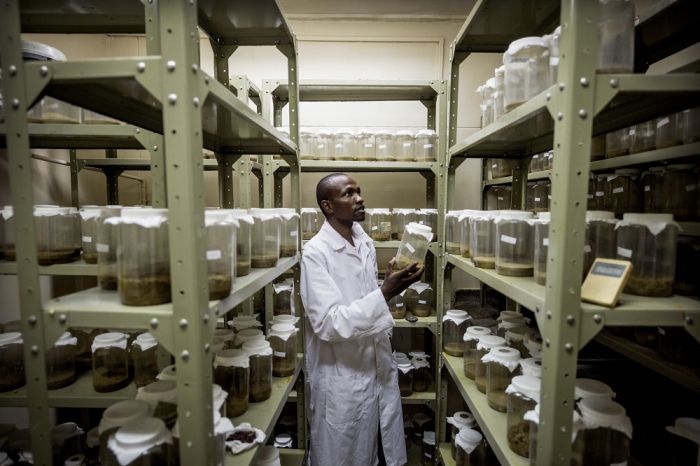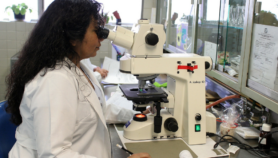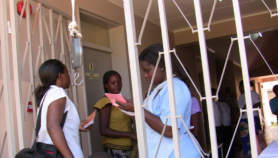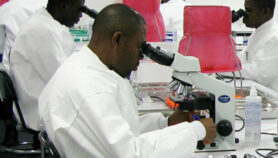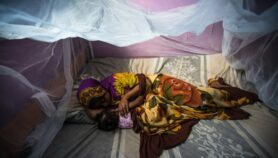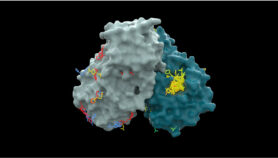By: Linda Nordling
Send to a friend
The details you provide on this page will not be used to send unsolicited email, and will not be sold to a 3rd party. See privacy policy.
An initiative to harmonise research grant administration in Africa is good news, Linda Nordling writes.
When Tanzania’s national science funding body, the Commission for Science and Technology (COSTECH), got a budget increase in 2010, it did not spend it all on research.
Rather, COSTECH spent a significant chunk of the windfall on expanding its administrative capabilities such as financial management and quality review systems.
The reasoning behind this choice was sound. The funder was expecting its income — both from the Tanzanian government and from international donors — to balloon in coming years.
In order to spend these growing research funds wisely, COSTECH needed to modernise its grant-giving practices. Good financial practice, it knew, doesn’t come cheap.
Now, a nascent initiative to create an African grant management standard could help other institutions improve their administration practices, making them more attractive to donors in turn.
But the initiative will only fulfil this promise if African researchers engage with its design to make sure it addresses their problems.
“The initiative, launched in Nairobi, Kenya, is an important step in bolstering Africa’s scientific autonomy.”
Linda Nordling
It also could mean better information on who funds what in Africa — a question that is harder to answer than it sounds, given the multiplicity of donors funding research on the continent.
A necessary requirement
Research grant management may not be the sexiest topic as we consider Africa’s scientific renaissance. But it is an important one, and one that poses major problems for researchers on the continent.
The main challenge is not administration in the national funding system, as in the case of Tanzania’s COSTECH. Rather, the international donor funding that bankrolls much of the continent’s research comes with stringent auditing requirements.
Often, each foreign-funded research project that an African institution participates in comes with its own particular reporting criteria.
Where institutions get their funding from a variety of donors, these criteria turn into a morass of red tape, which often overwhelms these institutions’ scanty grant management capacities.
As a result, African scientists themselves tend to spend a lot of time dealing with grant administration, rather than focusing on their research.
It is just one of the many ways in which they are at a disadvantage compared with their better-resourced colleagues in the global North.
For instance, universities in the United Kingdom and the United States employ many grant managers to help institutions cope with the administrative burdens of winning competitive grants.
Developing good practice
There are initiatives to boost research management capacity in Africa through regional research and innovation management associations, so-called RIMAs.
The southern African one, SARIMA, is the continent’s biggest, with around 400 institutional members. Its eastern, central and western counterparts (EARIMA, CARIMA, and WARIMA) are smaller but nevertheless active in their corners of the continent.
“A common standard for grant management will ultimately help those funders and observers who want better oversight of international funding in Africa.”
Linda Nordling
These initiatives will be backed by a new initiative launched in Nairobi last month (27-28 January) to harmonise financial reporting requirements across Africa.
The Good Financial Grant Practice (GFGP) initiative, which is being implemented by the African Academy of Sciences (AAS) in partnership with NEPAD (the New Partnership for Africa’s Development) Agency and the African Organisation for Standardisation, aims to produce a standardised management system for African institutions and donors by the end of 2017.
The idea grew out of a discussion that began in 2012 between major funders of medical research and development aid in Africa, according to the AAS. Two of these funders — the UK Wellcome Trust and the UK Medical Research Council — are funding development of the standard.
The idea is to canvass African researchers as well as international donors as to what should be in the joint standard. The consultation started in Kenya last month.
This month, funders will meet in London to discuss what they want out of a joint grant practice. And a West African meeting is due to take place in Dakar, Senegal, in early March.
Engagement is needed
The initiative, launched in Nairobi, Kenya, is an important step in bolstering Africa’s scientific autonomy.
By consolidating their financial reporting to donors, African research institutions will save time and money that they would otherwise spend on grant administration.
And by adopting the standard, they also furnish funders with a guarantee as to their ability to manage grants — boosting their credibility as grant-seekers.
Indeed, the GFGP initiative is great news for Africa if it is truly shaped in the interest of the continent’s researchers.
Because, on the other side of the grant management coin is a long-standing ambition to map who funds what in Africa — especially when it comes to medical research — to avoid overlaps or gaps in this multi-funder landscape.
A common standard for grant management will ultimately help those funders and observers who want better oversight of international funding in Africa.
Journalist Linda Nordling, based in Cape Town, South Africa, specialises in African science policy, education and development. She was the founding editor of Research Africa and writes for SciDev.Net, Nature and others.
This piece was produced by SciDev.Net’s Sub-Saharan Africa English desk.


